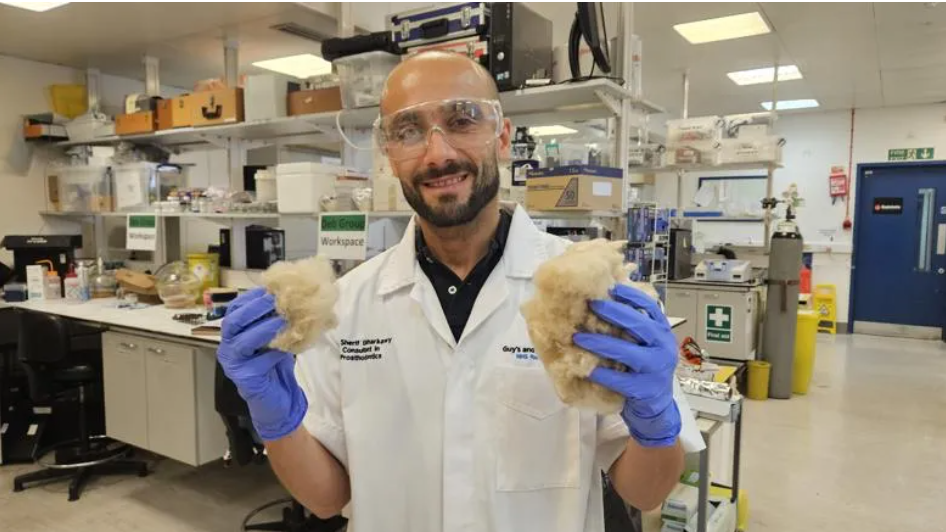
A new study from Penn Dental Medicine has found that some of the most widely prescribed drugs for high blood pressure could reduce the effectiveness of a potentially game-changing enzyme therapy — and, in some cases, even worsen the condition they aim to treat.
Published in Hypertension Research, the study reveals that oral ACE2, a plant-based therapy developed by Penn researchers, may not work as intended when combined with certain angiotensin-converting enzyme inhibitors (ACEIs) or angiotensin receptor blockers (ARBs) — two standard drug classes used to treat hypertension.
“This enzyme [ACE2] also regulates hypertension and heart disease,” said Henry Daniell, W.D. Miller Professor at Penn Dental Medicine. “But no one had looked at the relationship between these drugs and ACE2.”
Lettuce-based delivery system
Using a lettuce-based delivery system to administer oral ACE2, the researchers tested their therapy in dogs with high blood pressure and mitral valve disease — animals that were already on ACEIs or ARBs. The results were unexpected.
In dogs taking ACE inhibitors, the added enzyme therapy was blocked. Meanwhile, ARBs appeared to increase levels of angiotensin II, the very compound both drug classes are meant to reduce. However, not all ACEIs had the same effect. One in particular — lisinopril — allowed ACE2 to function as intended.
The team plans to repeat the study in dogs taking lisinopril, with the goal of eventually translating the therapy to humans.
“We did this study to see how beneficial ACE2 is,” Daniell said, “but we couldn’t do that because its activity was killed by all ACE inhibitors except for lisinopril.”
Researchers hope their findings will lead to new approaches that safely pair standard hypertension drugs with ACE2 therapy — and possibly offer a more affordable alternative for patients whose blood pressure remains uncontrolled.











